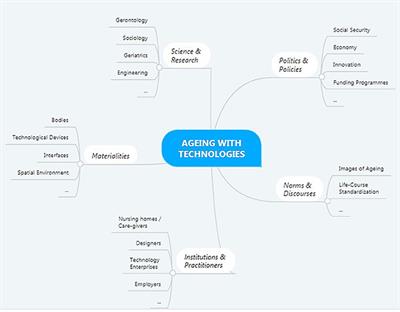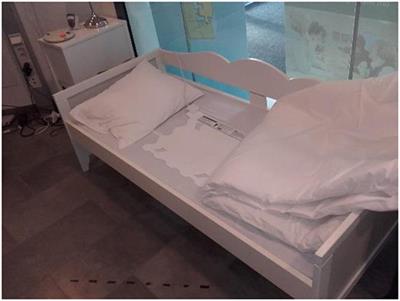EDITORIAL
Published on 04 Mar 2019
Editorial: Materialities of Age and Ageing
doi 10.3389/fsoc.2019.00014
- 2,718 views
- 6 citations
8,107
Total downloads
61k
Total views and downloads
Select the journal/section where you want your idea to be submitted:
EDITORIAL
Published on 04 Mar 2019
HYPOTHESIS AND THEORY
Published on 14 Jan 2019
ORIGINAL RESEARCH
Published on 30 Oct 2018

HYPOTHESIS AND THEORY
Published on 29 May 2018
BOOK REVIEW
Published on 15 May 2018
HYPOTHESIS AND THEORY
Published on 25 Apr 2018

HYPOTHESIS AND THEORY
Published on 24 Apr 2018
ORIGINAL RESEARCH
Published on 09 Apr 2018

